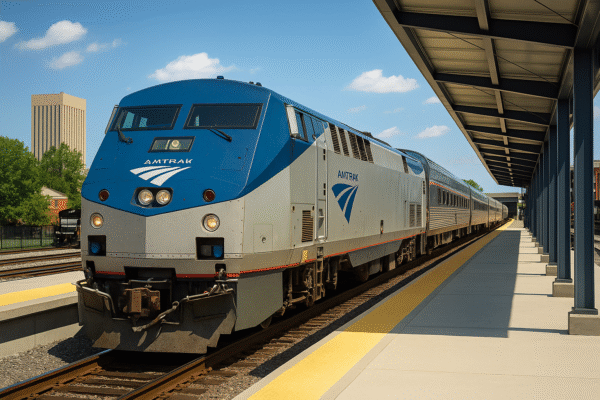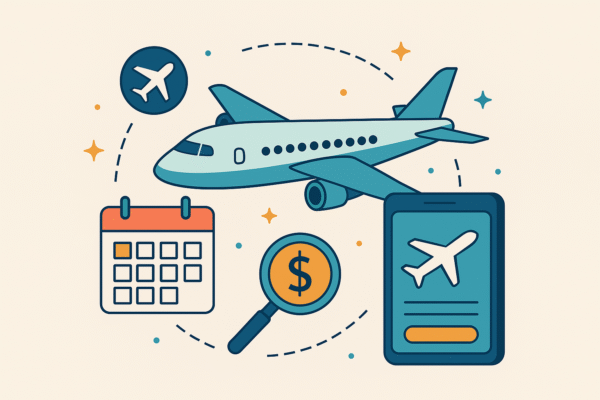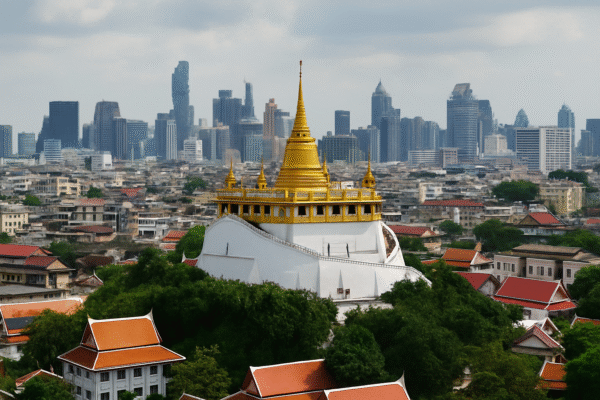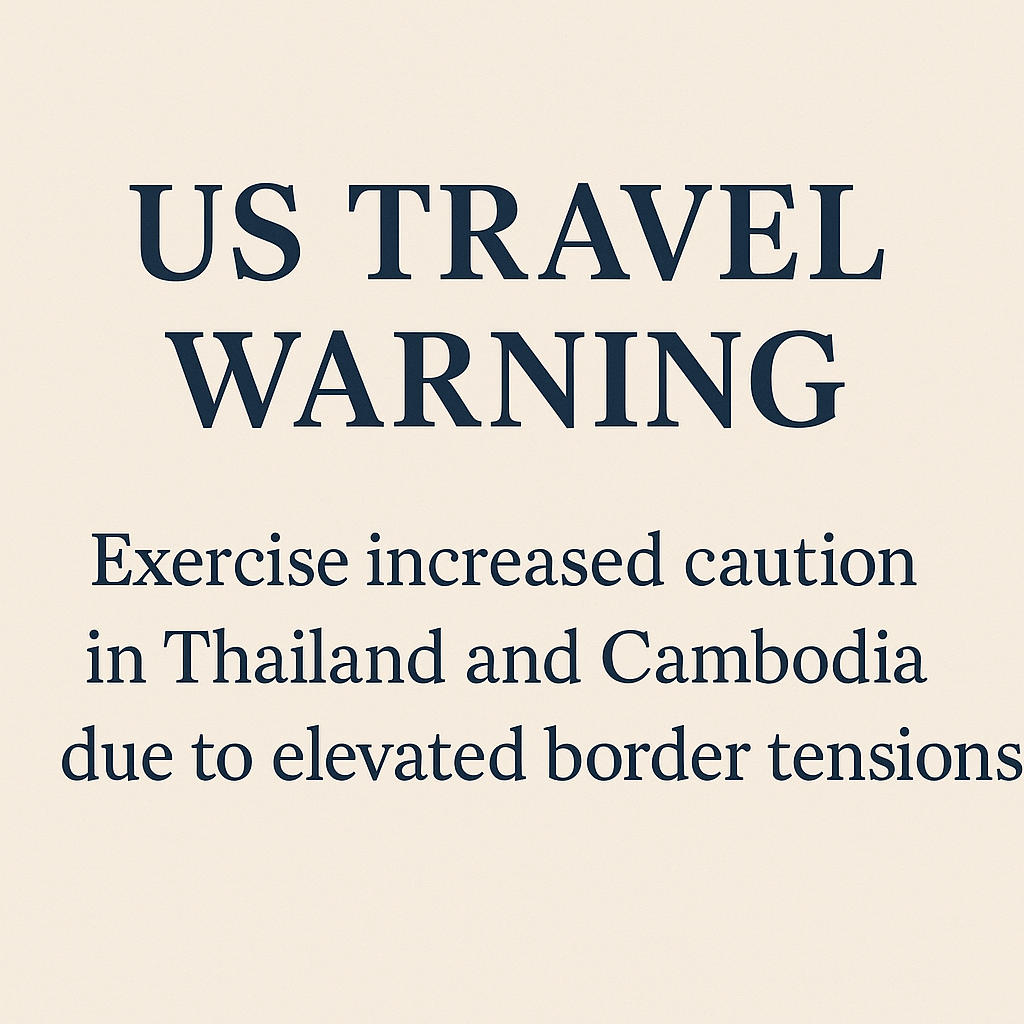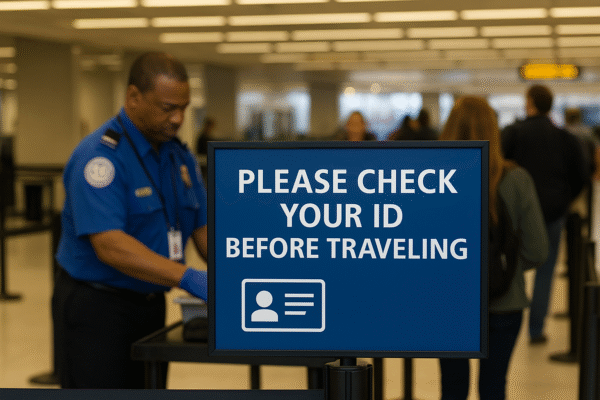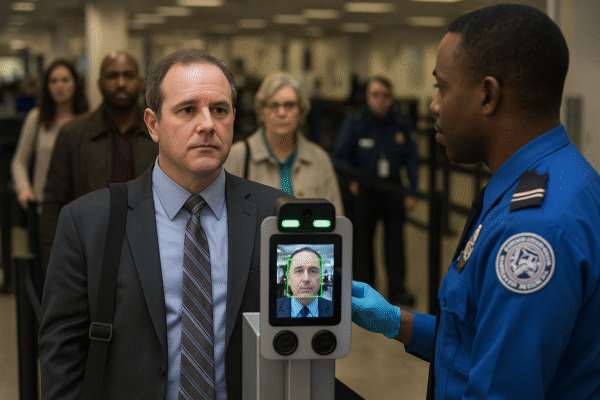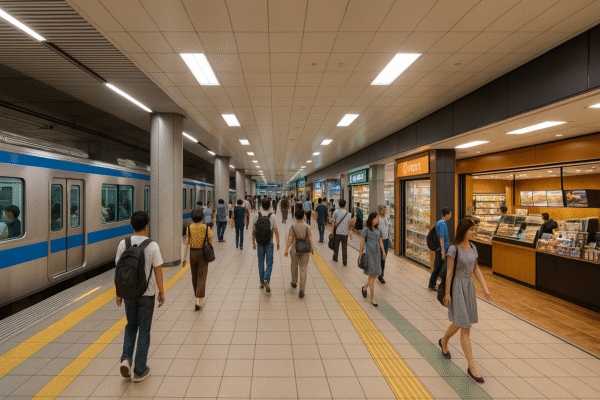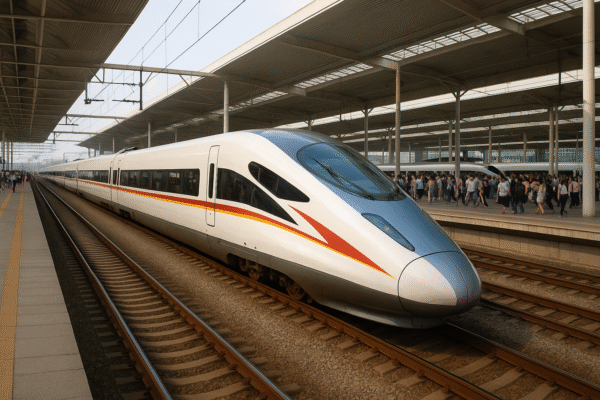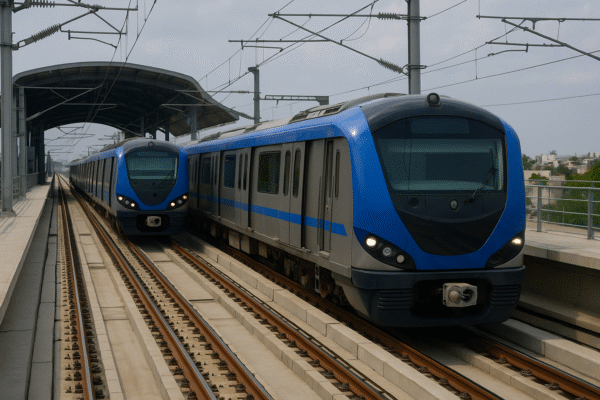Air travelers across the United States may soon find themselves spending more time at airport security checkpoints as lawmakers debate new limits on the use of biometric screening technology by the Transportation Security Administration (TSA). A bipartisan bill introduced in the U.S. Senate is calling for stricter regulations on the use of facial recognition, fingerprint scans, and other digital identification tools currently deployed to speed up passenger verification.
If passed, the legislation could mark a significant shift in the way travelers navigate airport security. The bill would require TSA to offer all passengers a non-biometric opt-out option and prohibit any differential treatment based on a passenger’s refusal to undergo facial recognition or similar technology.
What the Senate Bill Proposes
The proposed law, spearheaded by a coalition of Democratic and Republican senators, aims to address growing concerns over data privacy, surveillance, and civil liberties. It would mandate transparency in TSA biometric programs and guarantee passengers the right to opt out of any digital identity screening without penalty or delay.
Supporters argue this is a necessary step in protecting the public from potential misuse or breaches of sensitive personal data. Given the rising use of biometric systems across federal agencies and private platforms, digital privacy advocates say it’s crucial to establish clear ethical frameworks and oversight.
However, critics within the travel and aviation sectors warn that the move could create unintended consequences—namely, slower processing, longer queues, and more stress for travelers at already congested airports.
TSA Operations Could Be Significantly Affected
The TSA currently processes nearly 2.5 million passengers daily, according to agency data. Facial recognition and biometric tools have been instrumental in keeping those lines moving—especially at major U.S. airports like Hartsfield-Jackson Atlanta (ATL), Los Angeles International (LAX), and Chicago O’Hare (ORD).
In recent years, the TSA and airport partners have introduced pilot programs using facial matching at security checkpoints, boarding gates, and even international arrival halls. The goal: streamline operations, reduce physical contact, and improve identity verification accuracy. According to a 2024 report from the Department of Homeland Security, facial recognition has reduced average processing times at select airports by up to 30%.
If passengers increasingly opt out of biometric screening—or if TSA is forced to revert to manual ID checks—the consequences could be wide-ranging. Security lines could grow longer, TSA staffing needs could spike, and flight delays might become more frequent, especially during peak travel seasons like Thanksgiving and summer holidays.
Industry Response and Traveler Impact
Airlines for America (A4A), the industry group representing major U.S. carriers, has voiced concern over the bill’s potential disruption to airport operations. In a recent statement, A4A emphasized the importance of preserving innovations that enhance both security and efficiency, noting that any legislative change should be accompanied by infrastructure and workforce support to mitigate passenger inconvenience.
Travelers, too, are likely to feel the impact. While privacy-minded individuals may welcome the option to avoid biometric scanning, the majority of passengers—who prioritize speed and convenience—may find themselves caught in lengthier lines due to the slower pace of manual checks. Airports serving international gateways like New York’s JFK and Miami International (MIA) may be especially vulnerable to bottlenecks if biometric tools are rolled back.
Privacy vs. Progress: A National Debate
The proposed bill has ignited a wider conversation about the trade-off between technological advancement and individual rights in public spaces. Proponents of the legislation argue that unrestricted biometric surveillance erodes privacy and creates risks of data misuse, identity theft, and discriminatory profiling.
The American Civil Liberties Union (ACLU) has long campaigned against the growing normalization of facial recognition, calling it “a step toward a surveillance state.” On the other hand, national security officials and technology experts argue that biometric systems are essential to managing the complexities of post-pandemic air travel and protecting public safety.
A compromise may ultimately be required: one that allows for opt-outs without compromising operational efficiency or penalizing those who choose traditional ID checks.
Looking Ahead: What Travelers Should Expect
For now, travelers will continue to pass through TSA checkpoints with little disruption. However, if this bill progresses through Congress and becomes law, airports may need to retool their security strategies quickly. Passengers flying through high-volume airports should brace for potential delays during the transition period.
TSA spokespersons have not officially commented on the bill, but internal agency reports suggest that any large-scale rollback of biometrics would require significant retraining, budget reallocations, and updated infrastructure—steps that could take months or even years to fully implement.
Meanwhile, the Federal Aviation Administration (FAA) and Department of Homeland Security (DHS) are also monitoring the legislation’s trajectory, concerned about its potential ripple effects on national transportation systems and cross-border coordination with international aviation partners.
Final Takeaway for U.S. Travelers
As debate over digital privacy intensifies, travelers are being urged to stay informed. Check the TSA website for updates on biometric screening options and be aware of your rights at airport checkpoints. While protecting civil liberties is vital, balancing that goal with efficient, secure travel systems will be a growing challenge in the years ahead.
If the bill is passed, the experience of air travel in the U.S. could be fundamentally transformed—potentially making long lines and frustrating delays the new normal at airports nationwide.
For more travel news like this, keep reading Global Travel Wire

